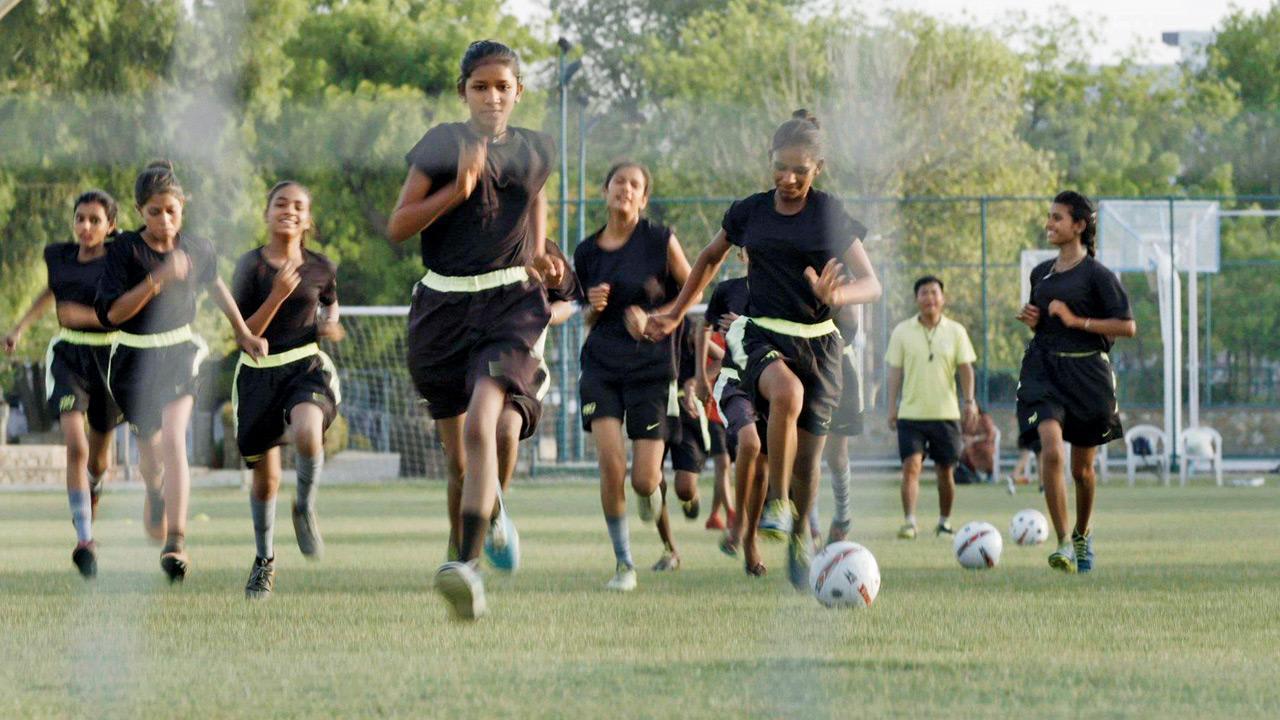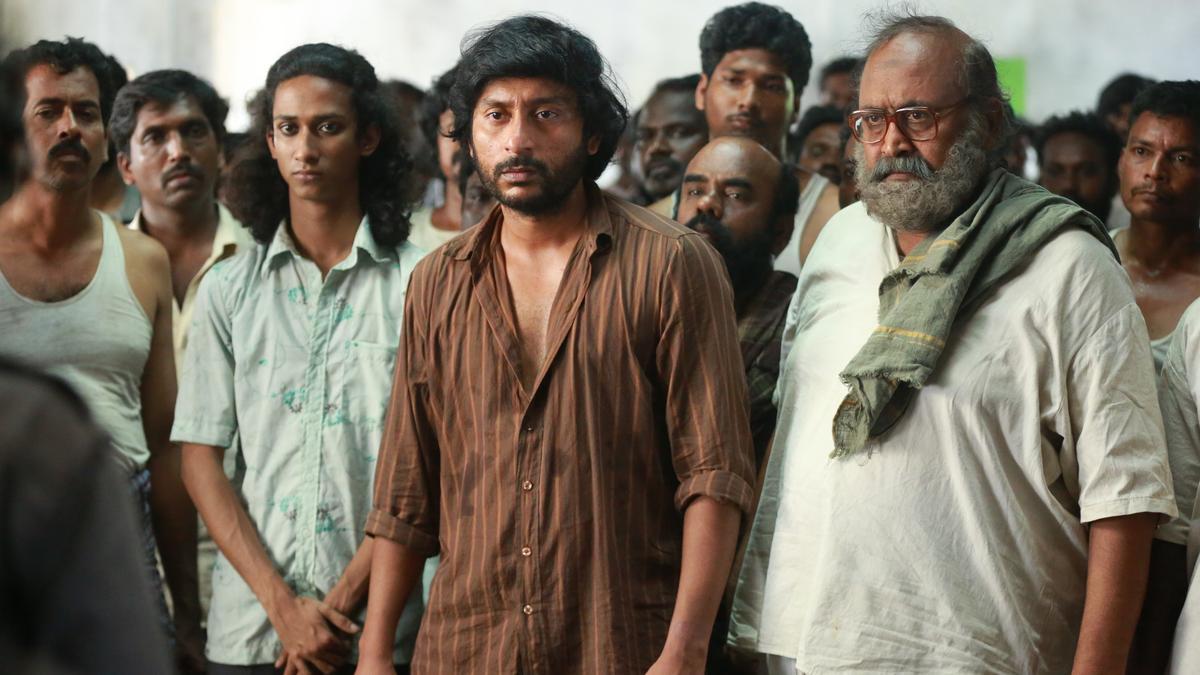
The upcoming cinematic venture “Maidaan” isn’t just another sports drama; it’s an intimate portrayal of a period in Indian football that is often overshadowed by cricket’s dominance in the nation’s sports culture. Directed by Amit R Sharma, whose previous film “Badhaai Do” garnered widespread acclaim in 2018, “Maidaan” stars Ajay Devgn as the visionary football coach Syed Abdul Rahim, who led the Indian football team to international recognition from 1950 to 1963.
Amid the unwelcome companions of a global pandemic and multiple lockdowns, Sharma’s journey to bring “Maidaan” to the silver screen tested his patience and dedication. The production took five long years—a testament to Sharma’s commitment to authenticity and historical accuracy. “It’s about the passion,” Sharma admits, reflecting on the extensive research and painstaking attention to detail that his project demanded.
Notably, the narrative of “Maidaan” unfolds at a time when India’s football scene was starkly different from contemporary norms. The rules of the game in the 1950s, for instance, had no provisions for fouls, red or yellow cards, and even lacked substitutions for injured players. To capture the essence of this era, football journalist and commentator Novy Kapadia lent his expertise to Sharma’s team, ensuring the representation on screen was true to life.
The centrepiece of Sharma’s ambition was how to present Rahim, a strategist and visionary, with the gravitas he wielded in reality. The director faced the unique challenge of highlighting the impact of a coach who strategised from the sidelines rather than playing on the field. To overcome this, Sharma focused on the human element, the psychological warfare, and the relationship between coach Rahim and his players.
In crafting memorable scenes for the protagonist, Sharma chose to emphasise the emotive rather than rely solely on physical action. A moment from the film’s trailer, where Devgn is seen delivering a stirring pep talk to his team, is reminiscent of other iconic sports film moments such as the ‘sattar minute’ scene from “Chak De India”. However, Sharma is quick to point out the distinctions, emphasizing the different dynamics of football and hockey, and the respective roles played by the coach in each sport.
“Maidaan” is thus set to be a dramatic portrayal of strategy over physical prowess, underscoring the intellectual aspect of football. Sharma is mindful of the film’s potential audience—the football community and aficionados of the game—who will be quick to spot any inauthentic detail. Such awareness drove the director and his team to rigorously hone each scene to accurately represent the strategic depth of each match. The goal was simple yet ambitious: to turn each five-minute match sequence into a thrilling, edge-of-the-seat encounter for the viewers.
The film also represents a personal journey for Sharma, a cricket enthusiast who immersed himself in the world of football to tell Rahim’s story. As he delved deeper into the sport’s history and tactics, he gained a newfound appreciation for football—so much so that he humorously remarks on his acquired ability to discuss the game even with renowned footballers like Lionel Messi.
Ajay Devgn’s trust in Sharma’s vision anchors the film. As an actor known for his intense and compelling performances, Devgn will bring Rahim’s character to life, portraying the coach’s influence and legacy in the annals of Indian football.
In sum, “Maidaan” promises to be a narrative of inspiration, tact, and the indomitable spirit of a coach who dreamed of elevating India to global recognition in football. With its calculated blend of drama, history, and strategy, the film will seek to resonate with not just sports enthusiasts but anyone who appreciates the power of a well-told tale of triumph against the odds. As “Maidaan” gears up for its awaited release, audiences can look forward to a cinematic version of a game they thought they knew, presented in a light they’ve never seen before.










